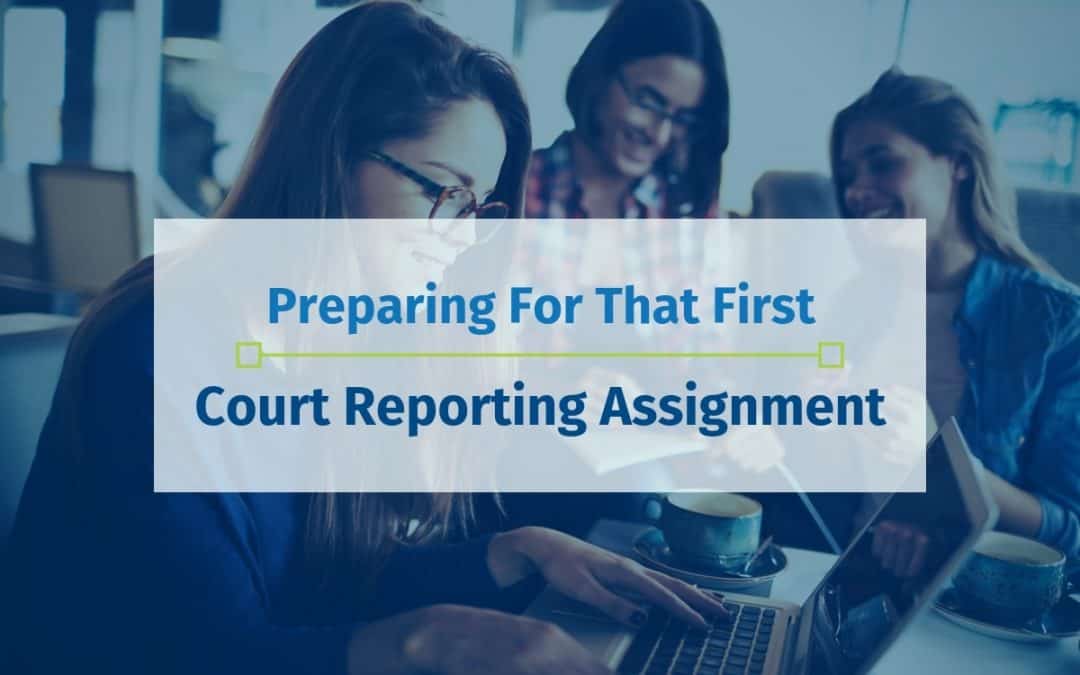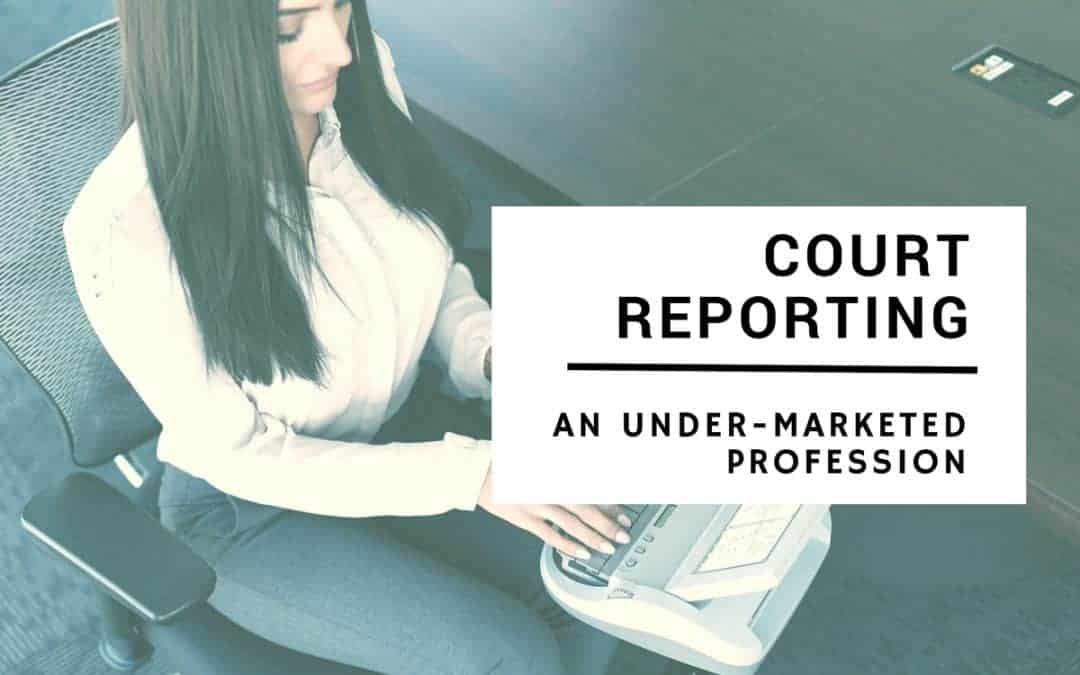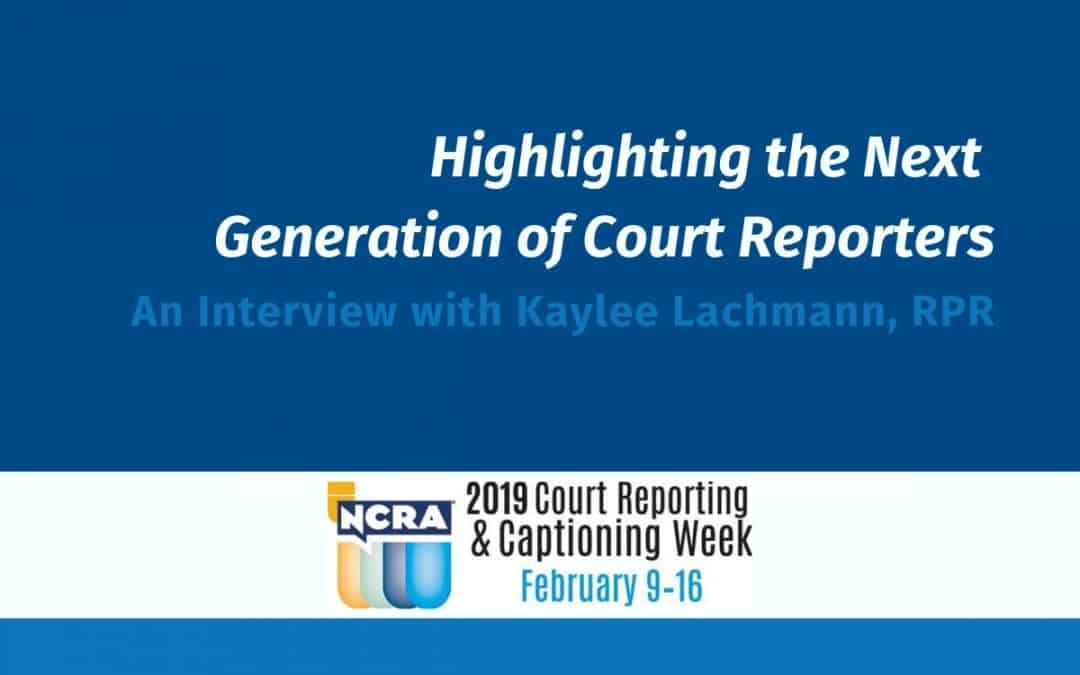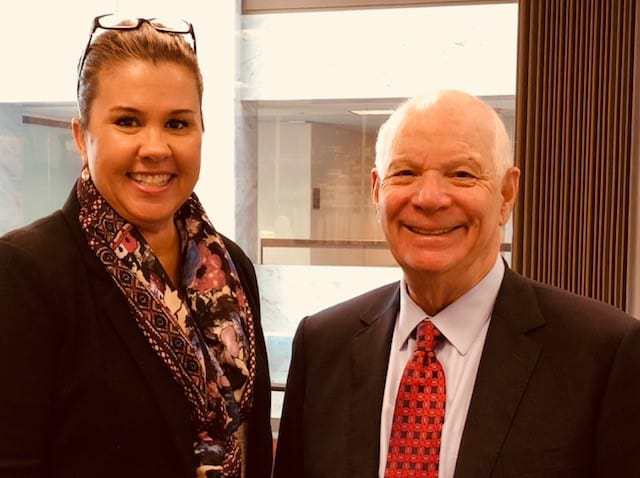Guest Post by Russell Knight, Esq – Attorney with The Law Office of Russell D. Knight
The legal process of divorce is extremely formal. The process is formal because a divorce is the unwinding of two lives once intimately involved and now actively opposed to each other (at worst) and mutually apathetic (at best). Getting to the truth of the matter in a divorce, therefore, requires many tools amongst which depositions are key.
When a divorce is initiated, a petition for dissolution of marriage is filed and a series of purposely vague allegations are made, e.g., “the parties accumulated various marital assets throughout the course of their marriage.” A counter-petition is usually filed by the other side with similarly loose terminology. Initial documents are vague because facts are undetermined and/or neither side wants to commit to a set of facts before discovery has started.
Discovery and Divorces
Discovery is the process by which each party exchanges documents to determine what the facts are in the case. Accurately identifying the facts in a case is necessary to adequately negotiate and prepare final divorce documents or to prepare evidence to present in a possible trial.
Most discovery is done via a notice to produce. A notice to produce is a laundry list of items that the other party may have in their possession and should share with the requesting party. These are usually taxes, paystubs, bank statements, and other documents.
Beyond a notice to produce, a party is allowed to issue interrogatories. Interrogatories are a series of written questions that must be answered. Typically, interrogatories are limited to a set number of questions.
But what happens if one party to a divorce needs information and the other party is being evasive or dishonest? You do not have to wait for a trial to question that party on the stand -you can request a deposition in advance. A deposition is a formal meeting between the parties and their attorneys with a court reporter present. A party to the divorce case or a third party may be the subject of the deposition.
The Role of Depositions in Divorce
The attorney requesting the deposition will formally introduce him or herself for the record as a court reporter is writing everything down that’s said. The deposing attorney will then proceed to question the witness as to whatever subject matters need to be investigated. In a divorce case, these questions will often involve tracing money that is no longer available, determining what expenses were reasonable, and getting to the bottom of textured parenting issues.
The adverse party’s attorney will be present at the deposition and will have the power to object to questions during the deposition. There is no judge at the deposition to rule on the objections so these are merely put on the record. Those objections can come into play should one of the lawyers try to submit the court reporter’s transcript into evidence at trial. During the deposition, the objections merely keep the deposition focused along appropriate lines.
In a divorce deposition, one of the most important objections is “harassment.” A deposition is a tool for uncovering undocumented information, not an opportunity for a party to aggravate their spouse one last time. Either party may say something like, “let the record reflect that counsel is raising his voice” should things get heated.
The transcript of the deposition will then be available for both parties to use at trial. Typically, the lawyers will ask the same questions to the deposed party at trial that were asked at the deposition. If the party provides a different answer at trial than they did at the deposition, the attorney may then introduce the transcript to the court in order to impeach that party and, hopefully, extract the question they were looking for.
Depositions are inherently confrontational and are therefore typically a tool of last resort in a divorce. To avoid a deposition, provide full disclosure during discovery and act in good faith to all requests for information. If the opposing party cannot cooperate completely with discovery or when providing discovery omits or confuses matters, you will have no choice but to depose that person for the sake of obtaining essential information for negotiations or trial.
About the Author: Russell D. Knight
Russell Knight is a Naples Florida Divorce Attorney who has been practicing family law for over 13 years in Naples, Florida and Chicago, Illinois. His office specializes in family law, divorce, child support, and child custody cases.


















